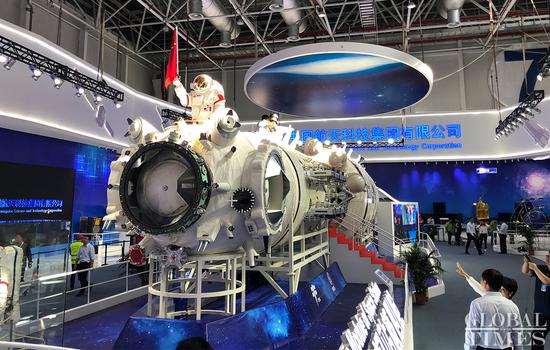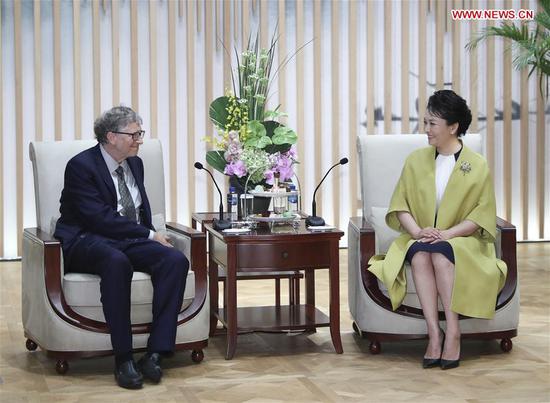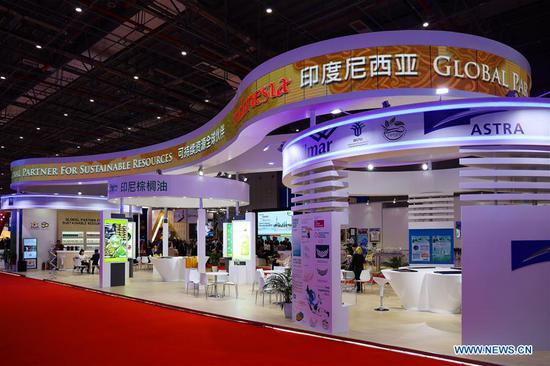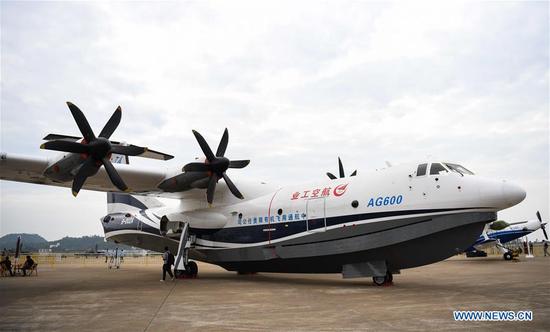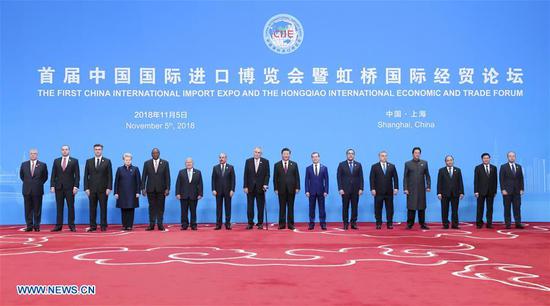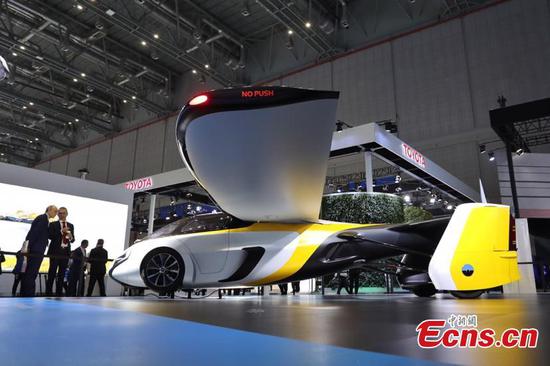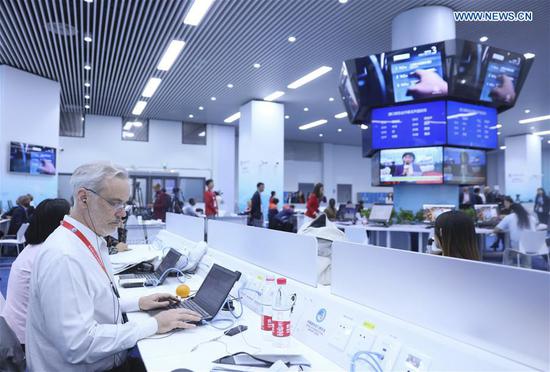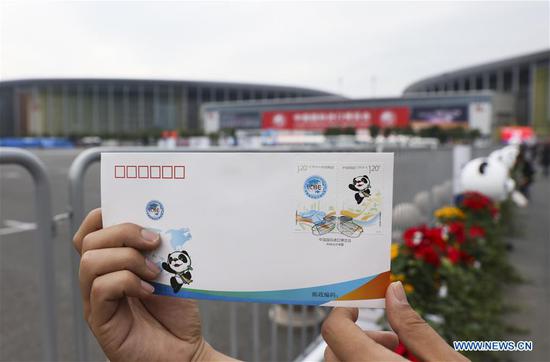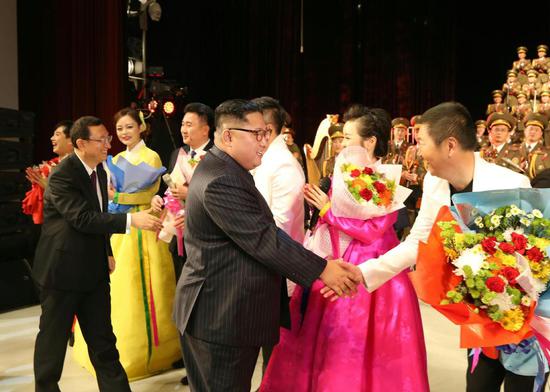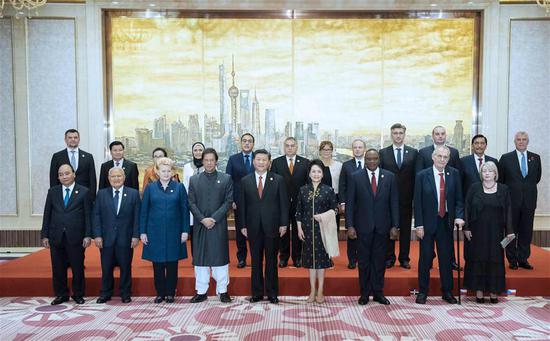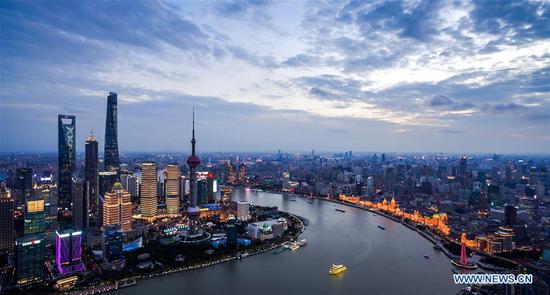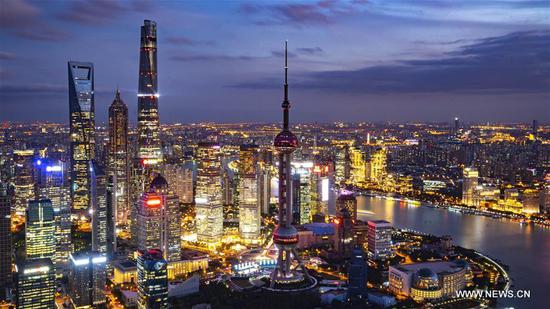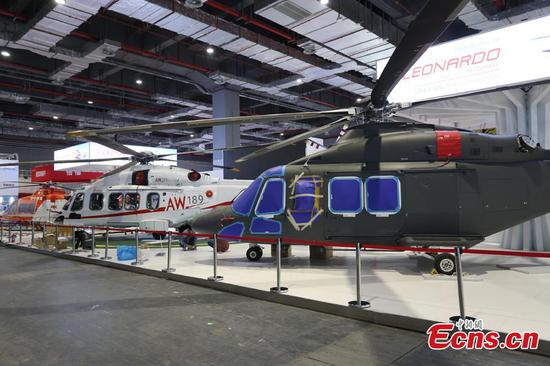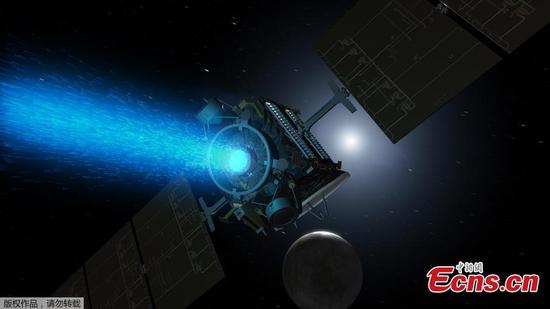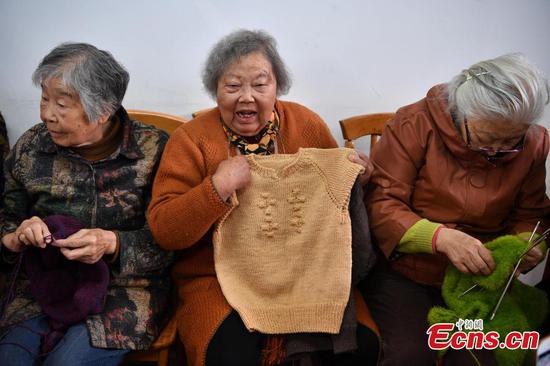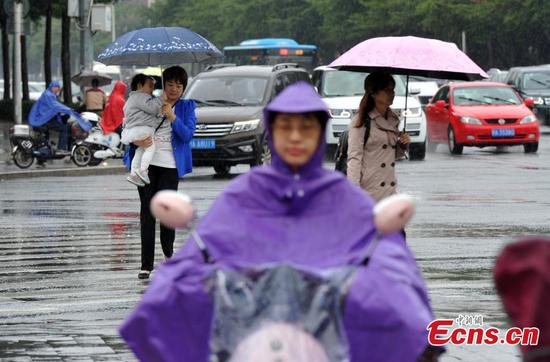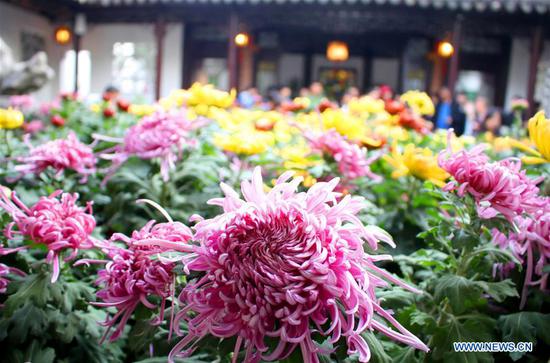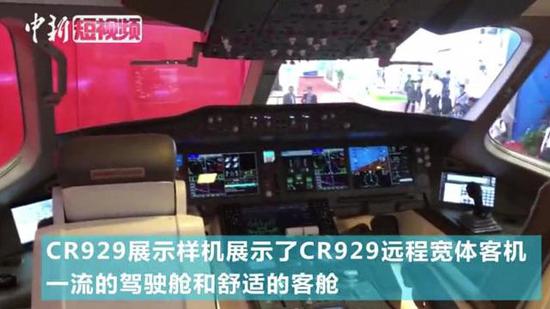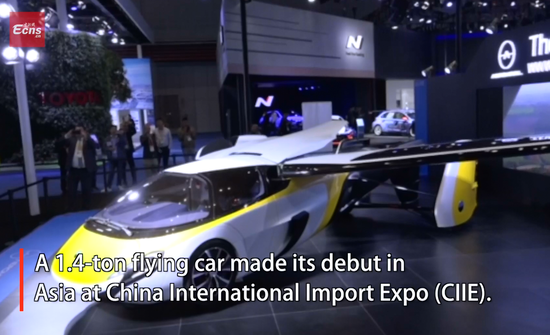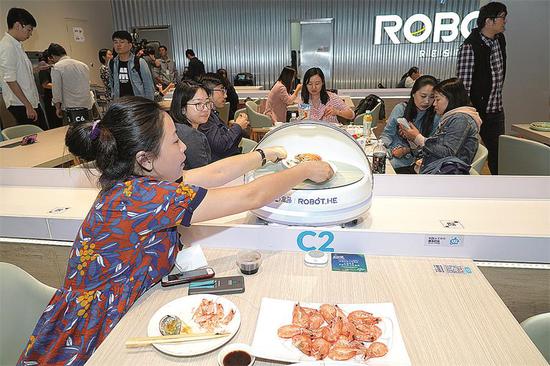
Robots may not yet be folding burritos or frying kung pao chicken, but they can slowly wheel up to your table, deliver a plate of fried rice, and wish you bon appetite in a low, mechanical tone.
This futuristic dining experience is on offer at the China International Import Expo, where a robotic canteen has been set up to demonstrate the latest endeavors to modernize the catering and retail industry through automation and artificial intelligence.
Diners place orders and pay using a mobile app. The system then assigns them a seat, and robots are dispatched to deliver their dishes.
I've covered many high-profile conferences, but this robot canteen was a genuine mindblower. Yet inside this cavernous convention center in Shanghai, it's just one of the many impressive robotic gadgets from around the globe.
I was given an early glimpse of an AI-powered table tennis robot that replicates the feeling of playing against a human opponent. This prototype from Japan leverages deep-learning, time-series analysis and synchronized control - technology that could be widely applied in manufacturing for better precision.
There is also an open robotic platform that aids manufacturing productivity and efficiency. As various devices on the shop floor can be connected, the centralized management of equipment and data is enhanced, allowing malfunctions to be detected in real time, which saves on operational costs.
As China works toward manufacturing excellence, ambition and humility are both on display. Chinese companies have a genius for devising technologies that are cheaper, more adaptable and sometimes better than Western equivalents. The deepening digital ethos is creating fertile ground for titans and startups alike to come up with novel applications while disrupting traditional industries.
But the country still trails advanced economies in fundamental research. Various surveys point to the fact the number of patents, research papers and talent in fields from AI and robotics to electric vehicle batteries lag behind those of the United States, Japan and Germany.
While CIIE serves as an ideal opportunity to showcase these strengths, it can also reiterate China's pledge to further open up in the face of growing trade unilateralism and protectionism.
China is accelerating growth, raising living standards and alleviating poverty. The country aims to move up the value chain and meet the needs of a more sophisticated consumer group, so it will require expanded imports of premium technologies and goods, and needs to forge sound global partnerships.
Last week, Swiss conglomerate ABB Group pledged to invest $150 million to build its "largest and most advanced" robot plant in Shanghai. Capitalizing on China's aspirations to become a technology pioneer, the deal is likely to pave the way for several high-tech agreements at the expo. This could aid the upgrade from cheap labor to "chip labor".









